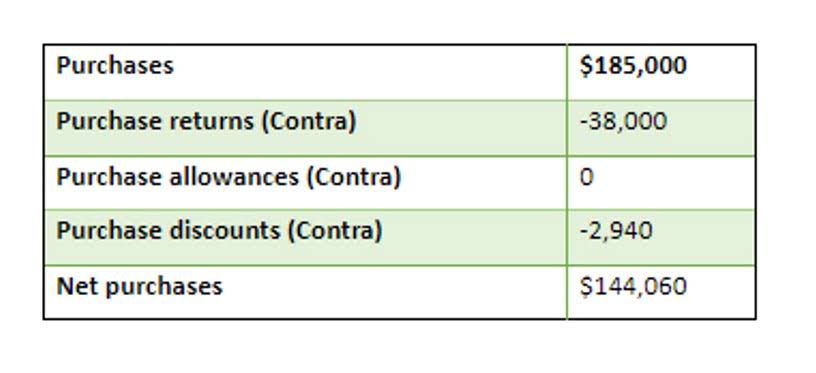
If you value the predictability and security of a regular paycheck, you should go for a salary position. Salary employees are more likely to receive benefits, which will include paid vacations, and possibly a non-contributory pension scheme, health insurance, a company car, etc. Usually, those people who receive a salary have bigger roles to look after, and they have more responsibilities to exhibit. Salary-receiving individuals also have special benefits when compared to those wage-receiving employees who lack them. Salaries people can avail themselves of paid leaves, and they can take a number of leaves that will still be considered paid by the employer.
Pros and Cons of Paying Employees an Hourly Wage

People who get a salary may also receive other perks, such as paid time off (PTOs), bonuses, allowance, insurance, etc. Salaried employees are well aware of how much they’ll earn each month, which helps them plan their monthly budget accordingly. Salaried people are said to be doing white-collar jobs and are the skilled resources who apply their proficiency in their respective fields. Though some people use the terms salary and wage interchangeably, these hold different meanings. When you begin to hire people for your business, you have to make some choices, like what roles to hire for and how much to pay people. To the employer, it is important to understand these deductions because they influence the amount of net pay that the employee receives.
Difference Between Wages and Salary
The wage is variable, as it can fluctuate from day to day based on individual performance and number of hours worked. So, this detailed guide will help you understand the key difference between wage and salary and what makes each compensation type suitable for certain work profiles. Many employers find difficulty in deciding whether to hire candidates for any particular role based on salary or salaries and wages wage. After all, how you compensate employees for any specific role can help you attract the right candidates in your organization.
For Employee
- In conclusion, while both salary and wage are common forms of compensation for employees, there are key differences between the two.
- Thus, by pointing out the difference between salary and wages, we hope that you will be able to make the right choices and avoid common pitfalls related to compensation.
- Wage-receiving people receive payment only based on the working hours per day or weekly or daily basis payment.
- Our mission is to offer reliable tech help and credible, practical, science-based life advice to help you live better.
- Norms exist in many industries to dictate whether a role is salaried or hourly.
On the flip side, their pay will be lower when they work fewer hours in a week. If they only come in for 20 hours in a week, they’ll only receive $300 for that pay period. These examples showcase the diversity in compensation structures, emphasizing how wages and salaries work in different professions and work arrangements. Wages are remunerations given to employees about the amount of work done or the number of goods produced. They may be determined on an hourly rate or based on the number of http://gregg.webversatility.com/tips-on-accounts-receivable-management-for-law/ pieces produced, which makes them very flexible.

If an employee is not getting enough hours to work or works fewer hours on some days, it will reflect on their wage. Thus, the wage can vary significantly based on hours worked, due to which employees find it difficult to plan their budget in advance. Some salaried jobs require employees to attend office calls or show up in an emergency during their off-hours. Thus, salaried employees can take leave whenever needed without experiencing any paycheck deductions. Currently, it’s $684 per week, i.e., employees must earn less than $684 per week to be classified as non-exempt. In other words, a salary is a fixed amount of money that an employer pays its employees over a year at regular intervals.
What are the disadvantages of being on a salary for employees?
The employer and employee are bound by a contract that income statement ensures that the former will pay an employee a fixed monthly amount in return for their service. Furthermore, businesses can calculate and distribute wages on an hourly, daily or weekly basis. A salaried employee or salaried employee is paid a fixed amount of money each month. Their earnings are typically supplemented with paid vacations and public holidays, healthcare insurance in countries without universal coverage, and other benefits. Salary is the payment provided to a person who provides skilled labour to an organization and gets a monthly based payment for his work is called a salaried individual. Salary-receiving individuals provide skilled work when compared to those wage-receiving employees.
Learn more about the average salary in California and the average salary in Mexico to see how location can impact compensation practices. Positions involving managerial or executive duties may fall under the exempt category, while roles with routine tasks and limited supervisory responsibilities may be classified as non-exempt. It refers to the translation of the amount received into the terms of what that money can actually buy. Might be less stable due to the dependency on the number of hours worked. © 2025 Anamma – Financial strategies, investment tips, and market analysis to help you achieve financial independence and multiply your wealth.

What Are Wages and Salaries?
A salary refers to the regular amount an employee is paid for being employed under an organization. A salary is generally presented as the amount earned annually but salary payments are made to an employee on a monthly basis. A salary is the amount of money paid to an employee for a year’s worth of work.
What is the Difference Between Salary and Wages?
Hence, net salary is also referred to as the in-hand salary of an employee. According to the Online Etymology Dictionary, the term ‘Salary’ meaning ‘compensation, payment’ first appeared in the English language in Britain in the late thirteenth century. It came from Anglo-French Salarie, which evolved from the Old French Salaire ‘reward, pay, wages’, which originated from the Latin Salarium ‘stipend, pension, salary’. Originally, the Latin term came from salt-money, a soldier’s allowance for the purchase of salt. The Latin word Sal means ‘salt’, while Salarius means ‘pertaining to salt’. Wages are usually earned by unskilled or semi-skilled workers while salaries are earned by office workers or management.
Leave a Reply